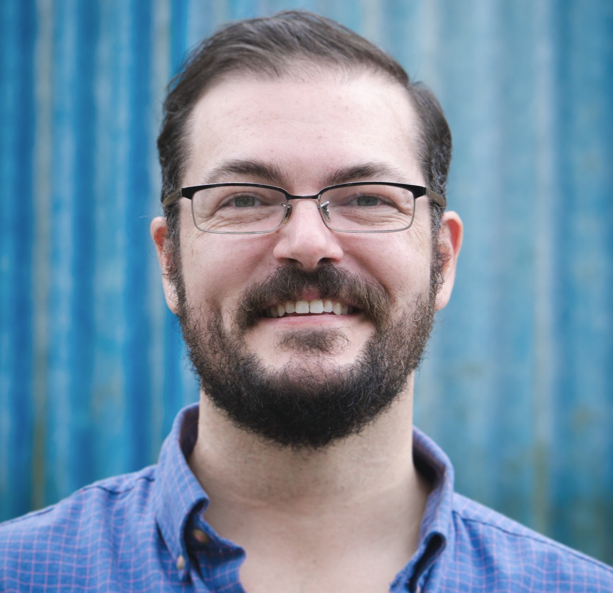ESE Seminar – “A changing grid powered by the new generations of power conversion, control, and energy management”
Raisler Lounge (Room 225), Towne Building 220 South 33rd Street, Philadelphia, PA, United StatesThe electric grid is undergoing a transformative paradigm shift, driven by sweeping changes in generation, demand, and energy storage. By 2035, solar PV alone is expected to supply 40% of U.S. electricity, with substantial additional contributions from wind, geothermal, and hydroelectric sources—creating a renewable-dominant energy landscape. Meanwhile, electricity demand is accelerating due to rapid growth […]

